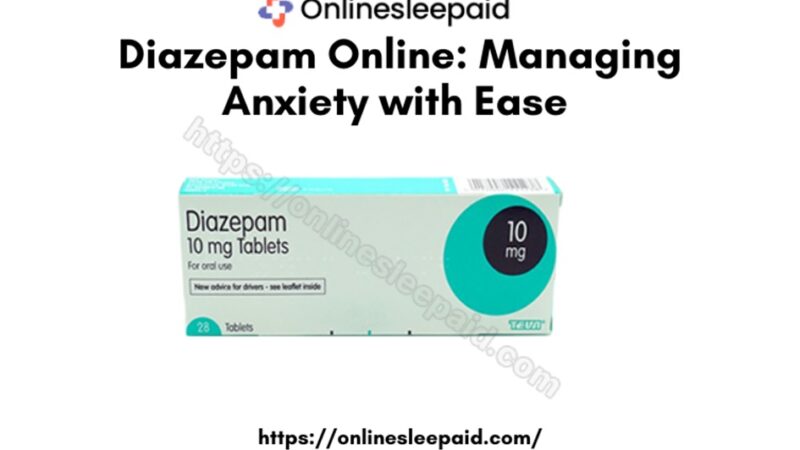The Impact of Technology on Patient Care Facilities

Technology is the transformational factor that is impacting every industry and is changing the way of operations for the business. Healthcare is one of the sectors that has been impacted by technology a lot. There are ever-evolving medical advancements that directly impact the well-being of the patient.
In this blog, we will discuss the various enhancements that have happened in this industry, and we will look at how these changes have impacted the lives of patients.
- Digital Health Records and Seamless Patient Management
Certain transitions are necessary for the flourishing of industry, and one such transition is changing the bookkeeping process from paper to digital health records. In this transition, the patient care unit can easily find what are the requirements of a patient, and based on that, they can provide the required medicine.
It reduces the search time and also helps the patient care department look after larger units of patients with the same workforce. For example, if one of the employees in the patient care unit has training from the first aid course in Penrith or other locations, then they can take special care of those who need immediate care.
The message can be delivered to them by the official who is managing the digital records and can assign them the tasks that will help them to do seamless work and take better care of their patient.
- Telemedicine: Bridging Gaps in Healthcare Access
Telemedicine is one of the crucial services which is providing convenient and accessible healthcare services to a large segment of patients. Nowadays, there are different ways through which a patient can access healthcare benefits.
For example, when a person is met with a fever and not capable of getting up from bed, then one can make an appointment with a doctor who can do a virtual consultation, which will help an individual to come under the care of expert suggestions immediately.
- IoT and Wearable Devices in Patient Monitoring
Different devices are a part of the Internet of Things software and can be used extensively in the healthcare industry. IoT devices help a patient to call nurses during need, and they also help the nurses to monitor the vital metrics of the patient and help the healthcare personnel to check and detect various health issues.
- Artificial Intelligence: Enhancing Diagnostic Precision
AI is one such tool that is impacting the healthcare industry. It is particularly making a mark in the diagnostic segment of the healthcare unit. AI algorithm analyses the medical data, and depending on the information provided by the AI tools, a doctor can treat their patient in a better and more accurate way.
Here, one who got severe injury from an accident was admitted to the intensive care unit. To that person, in the initial phase, a nurse who is well trained in the first aid course from Penrith or another location can actually do the required first aid for that kind of injury.
For reference, the person can take the help of the AI tool, which can detect the seriousness of the issue, and depending on that, the surgeon can later operate on that area and treat it for the patient.
These benefits are some of the key reasons that show how technology is bringing monumental shifts in the healthcare industry and is impacting the lives of millions of people.






